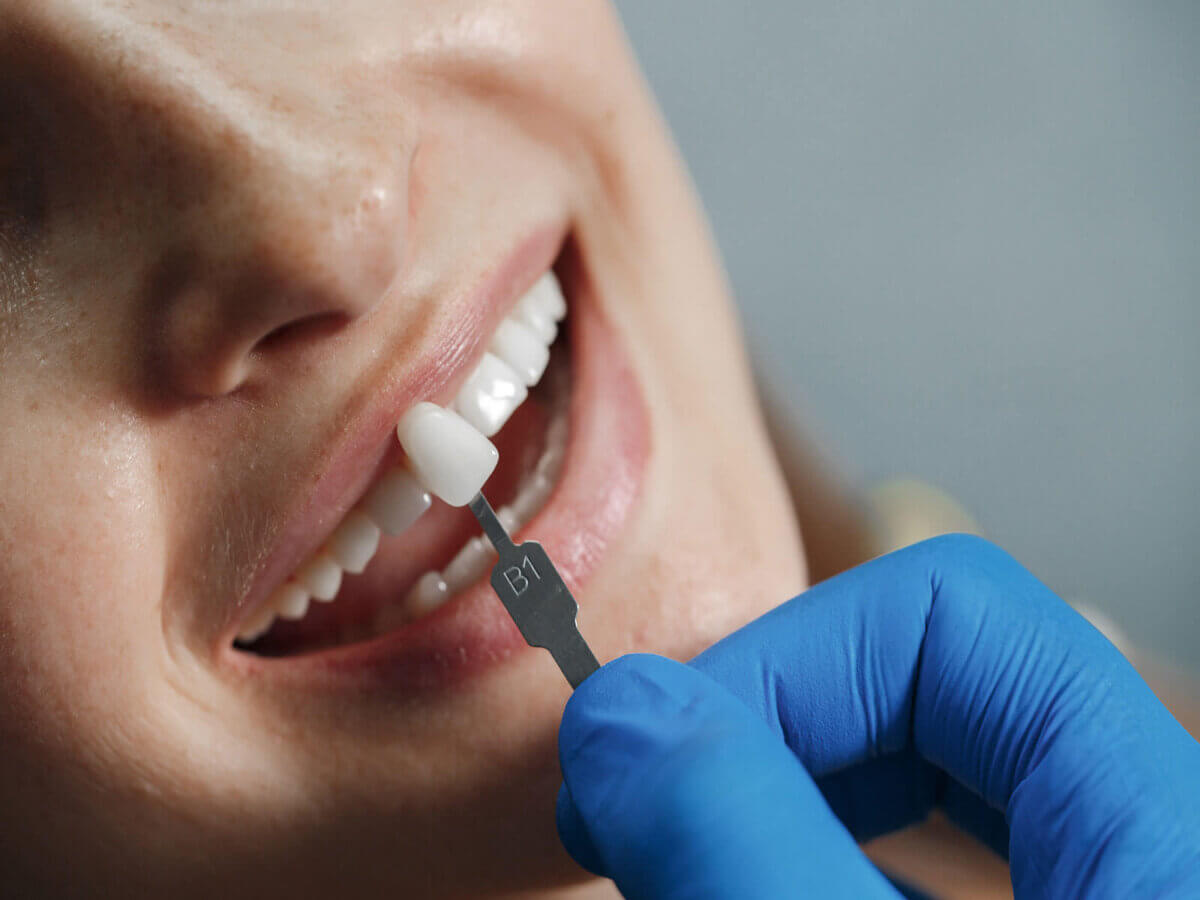Blog
Dental hygiene tips for healthy teeth & gums

The Longevity of Dental Crowns: Maintenance And Care Tips
A dental crown, often referred to as a cap, is essential for repairing weak or damaged teeth. Knowing how to properly care for and maintain a crown is crucial for its longevity and appearance, whether you’ve recently received one or are considering getting one.
These crowns play a vital role in tooth protection. In this blog post, we’ll delve into factors that influence the longevity of a dental crown and offer practical tips for keeping it in top condition.
How Many Years Does a Dental Crown Last?
Several factors determine the lifespan of crowns, such as the material used, your oral hygiene routine, dietary habits, and regular dental visits. With proper care, a dental crown should last anywhere from five to fifteen years.
Types of Dental Crown Materials
Dental crowns can be made from various materials, each with unique properties and longevity:
- All-Ceramic or All-Porcelain: Ideal for those seeking aesthetic appeal and hypoallergenic to metal, though more prone to chipping than other materials.
- Porcelain Fused to Metal (PFM): Offers strength due to its metal base, but the appearance of a metal line along the gumline may be a drawback.
- Metal Crowns: Strong and typically used for back teeth (molars), but their metallic appearance might be less desirable for front teeth.
- Zirconia Crowns: Increasingly popular for front teeth due to their robustness and aesthetic appeal.
Dental Crown Maintenance
- Oral Hygiene: Maintain a regular teeth and gums cleaning routine. Brush at least twice daily with fluoride toothpaste and floss regularly to prevent plaque and gum disease, which can shorten the lifespan of dental crowns.
- Hard Foods: Be mindful of your diet, especially hard foods that could loosen or damage the crown. Avoid chewing ice or biting down on hard objects.
- Regular Checkups: Schedule dental checkups at least every six months. Regular checkups and cleanings can optimize oral health and allow your dentist to assess the condition of your crown.
- Teeth Grinding: Crowns are susceptible to damage from grinding due to excessive force. Consider a nightguard if you grind your teeth during sleep.
- Avoid Tobacco: Smoking can weaken and discolor dental crowns. Limit intake of stain-inducing substances like coffee and red wine to maintain the appearance of your crowns.
Eventually, even with diligent care, dental crowns may need replacement due to wear or significant damage. If you notice changes in your crown, it may be time for a new one.
Indications of Potential Problems
- Sensitivity: Sensitivity to temperatures following crown placement might suggest an issue like a crack.
- Pain: Persistent pain around a crowned tooth warrants immediate dental consultation.
- Appearance Changes: Address any chips, cracks, or looseness in the crown promptly to prevent further damage.
Wrapping Up: Safeguarding Your Investment in Your Smile
Dental crowns are a significant investment in your oral health and the functionality of damaged teeth. Ensuring your dental crown lasts many years involves regular dental visits and open communication with your dentist. A beautiful smile is built on the foundation of preventive dental care and excellent oral hygiene.
By adhering to these guidelines, you can maximize the lifespan of your dental crowns, contributing to a lasting and aesthetically pleasing smile.
